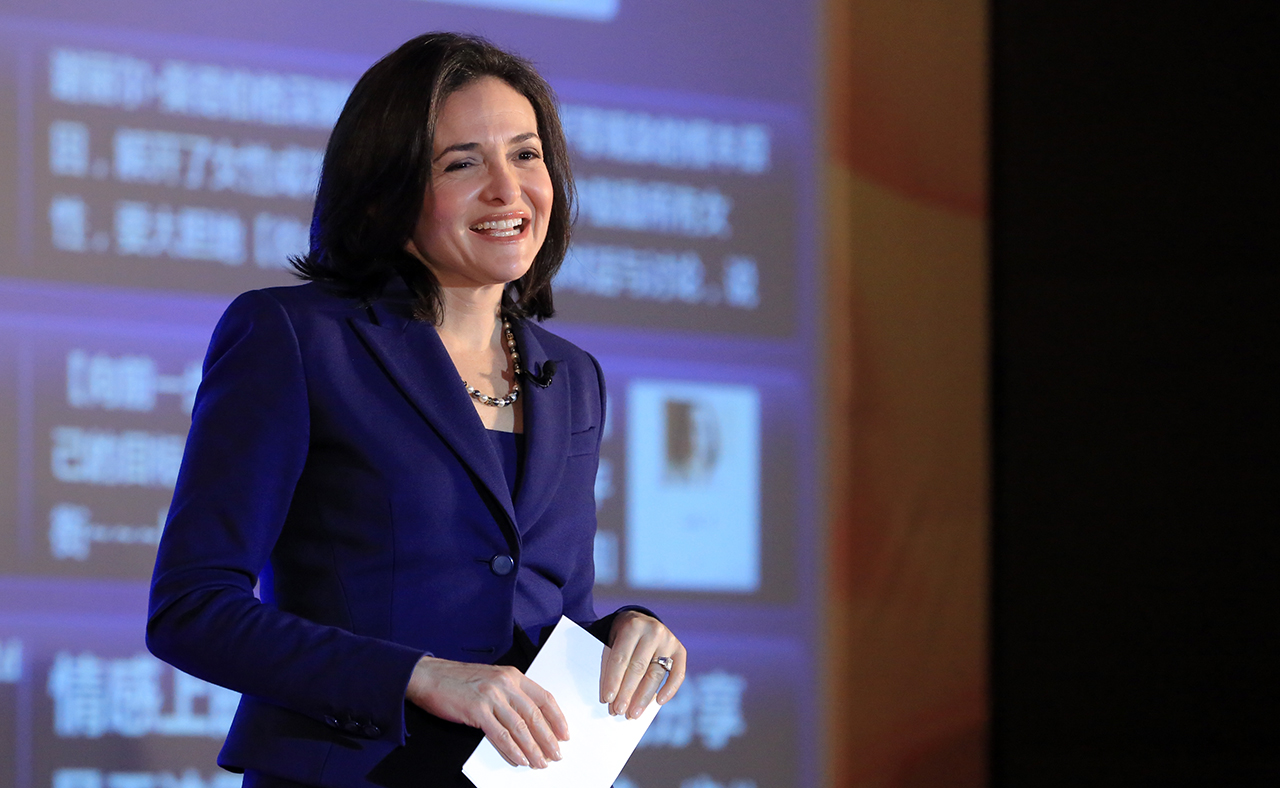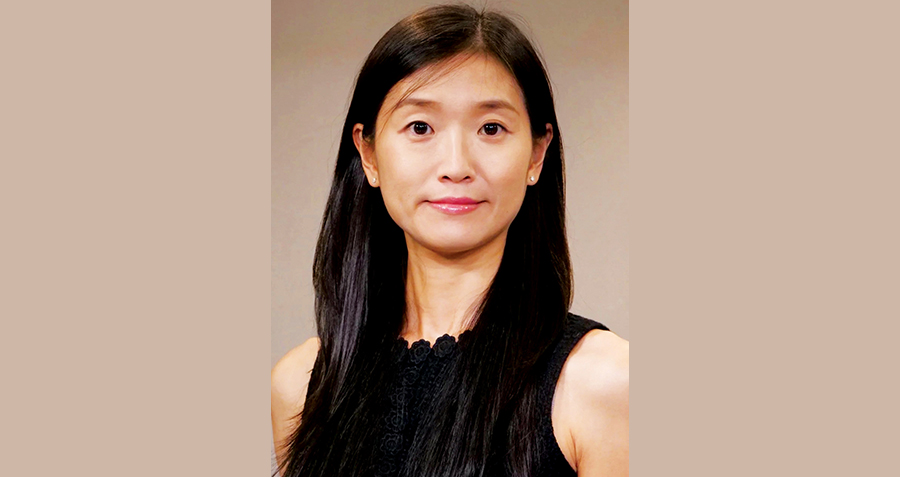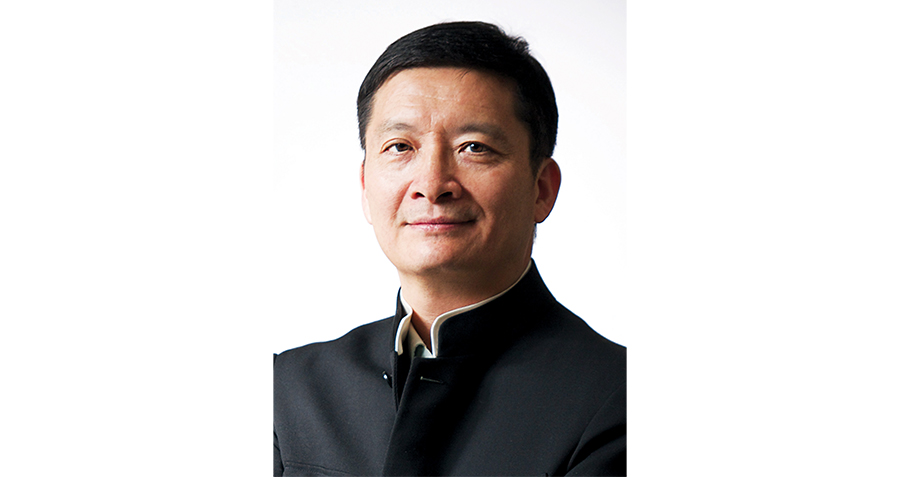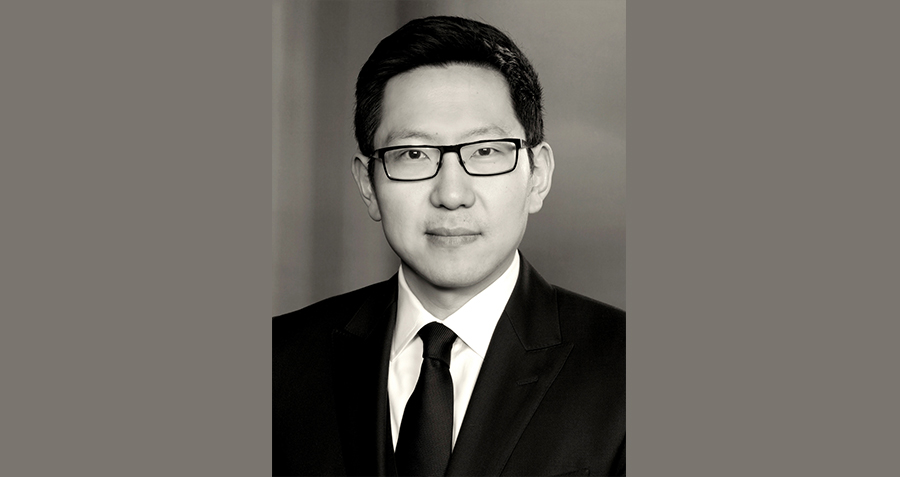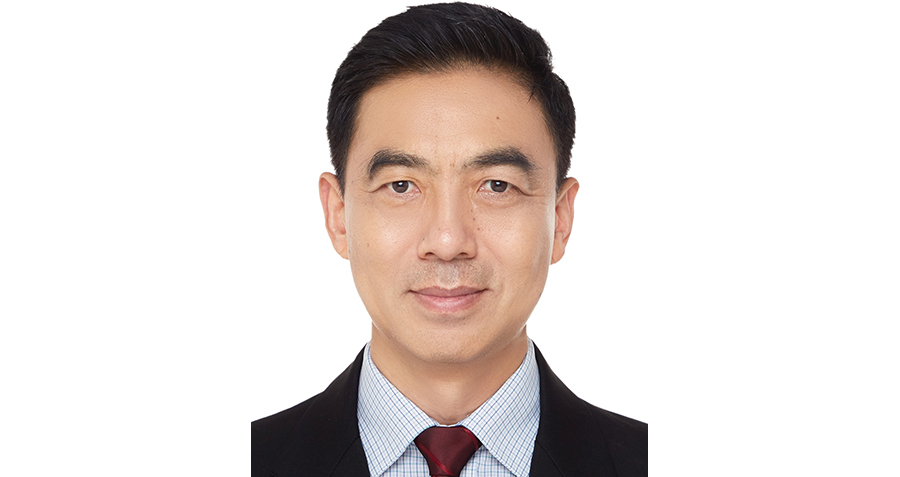Sheryl Sandberg, the Chief Operating Officer of Facebook, wants to see more women in the corner office.
Sheryl Sandberg, the Chief Operating Officer of Facebook, has turned herself into an evangelist for women. Sandberg, who regularly ranks on various lists of the most powerful women in the world, believes that there is no such thing as true equality in the world. “There is not a single country in the world where women have an equal share at the tables where decisions are made,” she says, citing statistics that prove her point. Out of all the countries in the world, many hundreds, 16 heads of state are women. Barely 21 of the Fortune 500 CEOs are women. “I think even more concerning than the absolute numbers is the fact that in many ways, progress for women has stalled,” says Sandberg.
Sandberg herself and her spectacular rise up the corporate echelons at Google and now Facebook (and, of course, her earlier stints at the US Treasury Department and the World Bank) hardly paint the picture of a woman who has been held back by gender-related stereotypes, institutional barriers, or women’s own mental barriers. There is a lesson for women in Sandberg’s success, one that she writes about in her bestselling book Lean In: Women, Work and the Will to Lead.
In Beijing recently, Sandberg spoke to CKGSB Magazine at two different events on what needs to be done to change the paradigm of women in leadership—and the Lean In movement that she has launched to encourage women to close the ‘ambition gap’.
Excerpts:
Q. What are some of the institutional changes you would like to see happening to encourage women in leadership?
A. I’d like to see better public policy for women around the world. In the US, women are not guaranteed a single day of maternity leave. In China, women get 98 days. So I think that’s certainly a change we should see. But what I’d really like to see is more women in leadership positions so that more of the public policy decisions everywhere in the world are made by women.
Q. To what extent are the tenets of Lean In universal or international?
A. They are very universal. I’ve had a woman in almost every country in the world right a foreword for the book. Yang Lan (a Chinese media mogul) wrote it for China. And in each of those forewords, women are saying the same things, which are these are the stereotypes that have held us back. Interestingly, no matter how different cultures are, the fundamental stereotypes of what is male and what is female are similar all over the world.
Q. Do you support affirmative action along gender lines? Why or why not?
A. Affirmative action is complicated phrase. There is actually no one good meaning of affirmative action. There have been times in the history of different countries where having explicit policies that benefit one group are important and there are times when they are not. Each country has to decide what are the right policies for it at the right time. But I do know that we can’t legislate ourselves out of this problem and that if you look at the countries that have the very best laws in the world for women, the most affirmative action, the most quotas, countries like Norway, they still have less than 3% of their big companies run by women. So public policy can do some but it can’t do everything.
Q. In China Chairman Mao famously said, ‘Women hold up half the sky.’ Are there any lessons that we can pick up from China’s experience with women?
A. I think that (in) Chinese families, there’s a lot of power in women. Women are making a lot of decisions in ways that I think are very important and something we can really learn. There’s also been a lot of success in getting women into leadership roles. It’s still not 50/50 as it should be, but it’s been, in some ways, very successful. If you look at the very top companies women have about five-and-a-half percent of the CEO jobs, but if you look at the next tier of companies, the kind of SMBs (small-medium sized business), women have 20% of the CEO jobs and so I think that shows good progress and of course there is more we can do.
(Watch the video below)
Q. How do you intend to keep sustaining this conversation you’ve started? What is your vision for leanin.org in a space where there are so many global women’s organizations?
A. I really wanted the conversation to be bigger than just me or the book. I wanted it to be a community, which is why I worked with others to form leanin.org. Our goal is to make this conversation for women all over the world, and it’s working. We have more than 270,000 people connected to us, and if you go to the website, you can see a lot of these conversations. We’re very focused on helping women form circles. In Beijing, we know at least one of these events where about 100 women came together to form circles.
Q. You mentioned that you wanted to help women keep up skill-sets, so can we see more clearly what leanin.org is trying to do in that regard?
A. We’re trying to do three things–we’re trying to create an ongoing conversation and community around equality. We do that on our website, we do it on every social media platform, we do it on Tumblr and everything we can use. We’re trying to have a conversation. You’ll see a lot of Lean In stories. We’re trying to make this lots of other people’s voices.
The second thing we’re doing is Lean In education. We have some videos up there, and they’re dealing with things like gender bias and how to negotiate as a woman. We’re trying to take materials that only very senior women like me would have access to, and make them freely available to everyone.
The third thing is circles, which is peer mentoring. Too many women don’t get the support they need and we’re working with partners to mentor women and we want to help women help themselves. We have more than 7,000 circles, and we have them running in 50 countries. We want to see more circles in more college campuses, in more countries, and more women supporting each other. We’re already hearing back from the circles–what’s working for us, and what’s not working.
Q. How have the men who are in CEO level positions responded to you, and how do you know they’ve internalized your message?
A. We’re also working with companies and it goes to your point about male CEOs. We have over 220 partners, and these include companies, non-profits and they jump in and say we really want to lean in. I’ve done a number of events with a number of CEOs, and we’ve seen a really big pick-up. We’ve seen companies which are starting circles within their companies. Cisco, he (CEO John Chambers) assigned my book to his top 400 managers, and he asked all of them to write a memo on how they were going to be better on women. I’ve just shared the stage with Bob Moritz, the Chairman of PricewaterhouseCoopers and he has asked all his senior people to mentor women and diverse candidates. He said, ‘We’re not getting enough mentorship for people who aren’t white males… I want my senior staff to mentor’.
I did an event with the CEO of Symantec. They’re starting circles within their company, and they are also reading the book and passing it down. They’re having every manager read the book with their direct reports, men and women. And the next group is supposed to discuss the book.




